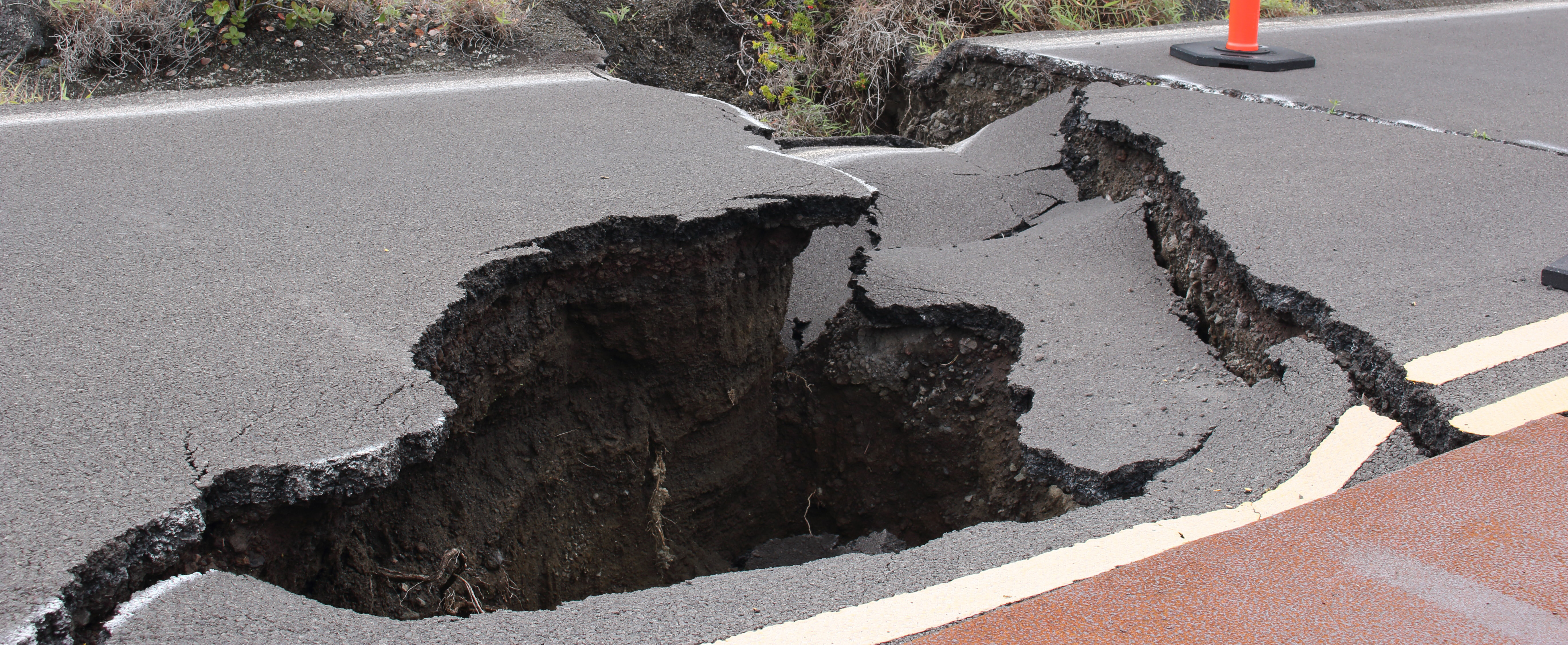
Before an Earthquake
- Have your emergency kit ready (check out How to Build Your Emergency Kit for a handy checklist!), and include at least 3 gallons of water per person (1 gallon per person per day, for 3 days).
- Make a family communications plan -- have an out-of-state or out-of-area contact, and text rather than call (leave phone lines open for those who need emergency assistance).
- If you live in a house, know how to shut off the gas and water.
- Participate in the annual LMU earthquake drill each October.
Best of Category Winner: Earthquake, ReadyLMU Emergency Preparedness Video Contest 2013
During an Earthquake
If you are INSIDE:
- DROP. COVER. HOLD ON.
- Stay clear of windows and heavy furniture.
- Do not get in a doorway as this does not provide protection from falling or flying objects.
- Know your surroundings, and evacuate only if necessary (e.g. the building has significant structural damage, or there is a potential for a chemical spill, fire, or gas leak).
- Should you become trapped in a building, DO NOT PANIC. Wave a piece of cloth (e.g. sweater, jacket) out the window to notify rescuers of your location. If there is no window, tap on the wall at regular intervals to alert rescue crews.
- Be aware of potential aftershocks and falling debris.
If you are OUTSIDE:
- Move away from buildings, streetlights, and utility wires.
- Move to an open area and DROP. COVER. HOLD ON.
- Stay until shaking stops.
- Be aware of potential aftershocks and falling debris.
If you are in a vehicle:
- Safely pull over, and stay in the vehicle until the shaking stops.
- Avoid overpasses, power lines, and other hazards.
- DO NOT leave the vehicle if a power line falls on or near it.
If you are in a wheelchair:
- Stay in it and move to cover if possible.
- Lock your wheels and protect your head with your arms.
- For more information for people with disabilities please visit here.
After an Earthquake
- DO NOT use electrical equipment, open flames (e.g. matches, lighters) and lit cigarettes until you are sure there is no gas leak. They may create a spark that could ignite leaking gas.
- DO NOT touch downed or damaged power lines or any objects in contact with them. Report this information to Public Safety.
- Beware of items tumbling off shelves when you open closet and cabinet doors.
- If you are near the coast, learn about the risk for a tsunami in your area. If at risk, walk inland and to higher ground immediately.
